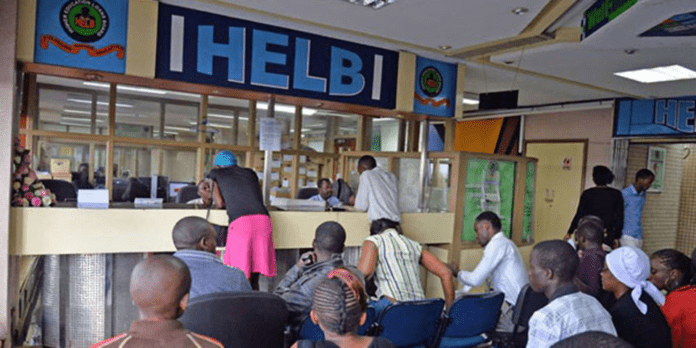The Higher Education Loans Board (HELB), in partnership with the Universities Fund (UF), has invited university students to submit their grievances over the controversial higher education funding model.
In a notice issued on Tuesday, April 8, HELB announced that students will have a 21-day period — from April 1 — to submit appeals or concerns regarding their loans and scholarships.
“Following a successful but shortened public participation process, and after reviewing feedback, memoranda, and comments from stakeholders, the two state agencies have now enhanced the appeals framework,” the statement read in part.
Students who feel aggrieved by the current loan and scholarship allocations can access the appeals portal, which remains open until April 21, 2025.
The announcement follows a directive from the Court of Appeal that ordered the two state agencies to conduct public participation in a bid to refine the funding model. This came after the High Court had earlier declared the model unconstitutional, a decision later suspended by the appellate court.
The ruling permitted the continuation of the Variable Scholarship Loan Funding Model, which segments students into five financial categories — from the most needy (Band 1) to the least needy (Band 5).
Between April 1 and April 4, HELB and the Universities Fund collected feedback both online and at various public institutions, including universities and technical colleges across the country. The agencies noted that the input from these sessions led to improvements in how students can appeal for more support.
The funding model has drawn criticism and protests from university students, who claim it is unjust and leaves many without adequate financial support. The outcry peaked when some students moved to court to challenge its legality.
Despite opposition, the Court of Appeal allowed the implementation of the model to continue while the matter undergoes judicial review. HELB has also acknowledged that the funding structure remains under appeal and may be revised depending on the court’s final verdict.






![SHA Suspends Dozens of Health Facilities Over Alleged Fraud [LIST]](https://citymirror.ke/wp-content/uploads/2024/12/image-14-218x150.png)
